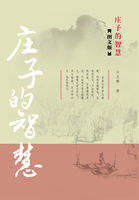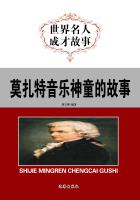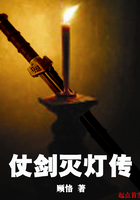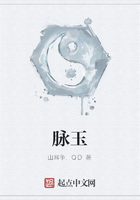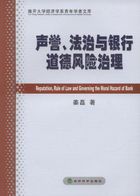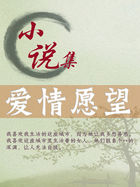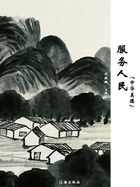Having gained Benedetto and the leaders of the trades to their side, they provided themselves with arms and made Giorgio prisoner. Tommaso fled. The next day Giorgio was beheaded; which struck so great a terror into his party, that none ventured to express the slightest disapprobation, but each seemed anxious to be foremost in defense of the measure. On being led to execution, in the presence of that people who only a short time before had idolized him, Giorgio complained of his hard fortune, and the malignity of those citizens who, having done him an undeserved injury, had compelled him to honor and support a mob, possessing neither faith nor gratitude. Observing Benedetto Alberti among those who had armed themselves for the preservation of order, he said, "Do you, too, consent, Benedetto, that this injury shall be done to me? Were I in your place and you in mine, I would take care that no one should injure you. I tell you, however, this day is the end of my troubles and the beginning of yours." He then blamed himself for having confided too much in a people who may be excited and inflamed by every word, motion, and breath of suspicion. With these complaints he died in the midst of his armed enemies, delighted at his fall. Some of his most intimate associates were also put to death, and their bodies dragged about by the mob.
CHAPTER VI
Confusion and riots in the city--Reform of government in opposition to the plebeians--Injuries done to those who favored the plebeians--Michael di Lando banished--Benedetto Alberti hated by the Signory--Fears excited by the coming of Louis of Anjou--The Florentines purchase Arezzo--Benedetto Alberti becomes suspected and is banished--His discourse upon leaving the city--Other citizens banished and admonished--War with Giovanni Galeazzo, duke of Milan.
The death of Giorgio caused very great excitement; many took arms at the execution in favor of the Signory and the Capitano; and many others, either for ambition or as a means for their own safety, did the same. The city was full of conflicting parties, who each had a particular end in view, and wished to carry it into effect before they disarmed. The ancient nobility, called the GREAT, could not bear to be deprived of public honors; for the recovery of which they used their utmost exertions, and earnestly desired that authority might be restored to the Capitani di Parte. The nobles of the people and the major trades were discontented at the share the minor trades and lowest of the people possessed in the government; while the minor trades were desirous of increasing their influence, and the lowest people were apprehensive of losing the companies of their trades and the authority which these conferred.
Such opposing views occasioned Florence, during a year, to be disturbed by many riots. Sometimes the nobles of the people took arms;sometimes the major and sometimes the minor trades and the lowest of the people; and it often happened that, though in different parts, all were at once in insurrection. Hence many conflicts took place between the different parties or with the forces of the palace; for the Signory sometimes yielding, and at other times resisting, adopted such remedies as they could for these numerous evils. At length, after two assemblies of the people, and many Balias appointed for the reformation of the city; after much toil, labor, and imminent danger, a government was appointed, by which all who had been banished since Salvestro de' Medici was Gonfalonier were restored. They who had acquired distinctions or emoluments by the Balia of 1378 were deprived of them. The honors of government were restored to the Guelphic party;the two new Companies of the Trades were dissolved, and all who had been subject to them assigned to their former companies. The minor trades were not allowed to elect the Gonfalonier of Justice, their share of honors was reduced from a half to a third; and those of the highest rank were withdrawn from them altogether. Thus the nobles of the people and the Guelphs repossessed themselves of the government, which was lost by the plebeians after it had been in their possession from 1378 to 1381, when these changes took place.
The new establishment was not less injurious to the citizens, or less troublesome at its commencement than that of the plebeians had been;for many of the nobles of the people, who had distinguished themselves as defenders of the plebeians, were banished, with a great number of the leaders of the latter, among whom was Michael di Lando; nor could all the benefits conferred upon the city by his authority, when in danger from the lawless mob, save him from the rabid fury of the party that was now in power. His good offices evidently excited little gratitude in his countrymen. The neglect of their benefactors is an error into which princes and republics frequently fall; and hence mankind, alarmed by such examples, as soon as they begin to perceive the ingratitude of their rulers, set themselves against them.
As these banishments and executions had always been offensive to Benedetto Alberti, they continued to disgust him, and he censured them both publicly and privately. The leaders of the government began to fear him, for they considered him one of the most earnest friends of the plebeians, and thought he had not consented to the death of Giorgio Scali from disapprobation of his proceeding, but that he might be left himself without a rival in the government. His discourse and his conduct alike served to increase their suspicions, so that all the ruling party had their eyes upon him, and eagerly sought an opportunity of crushing him.







